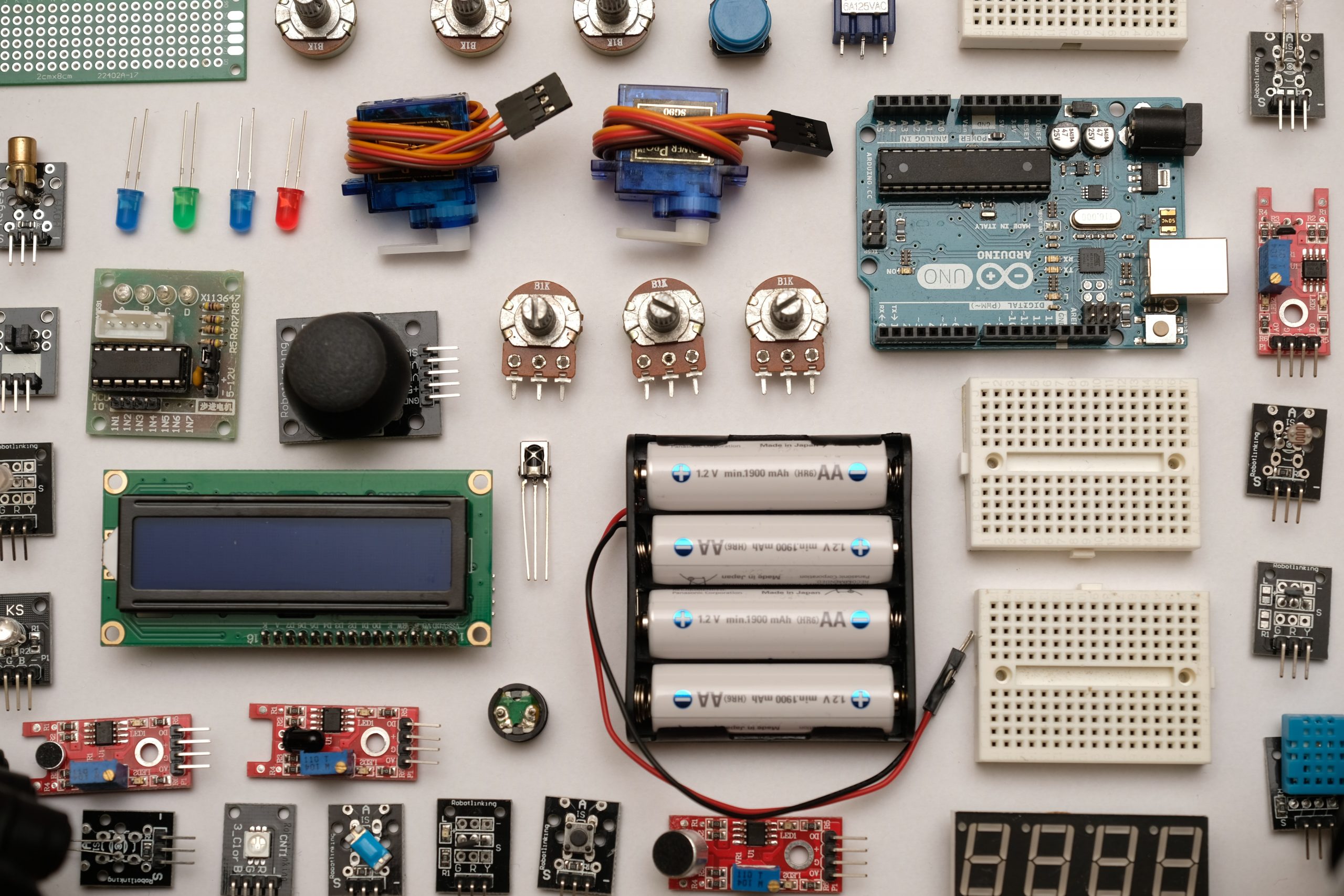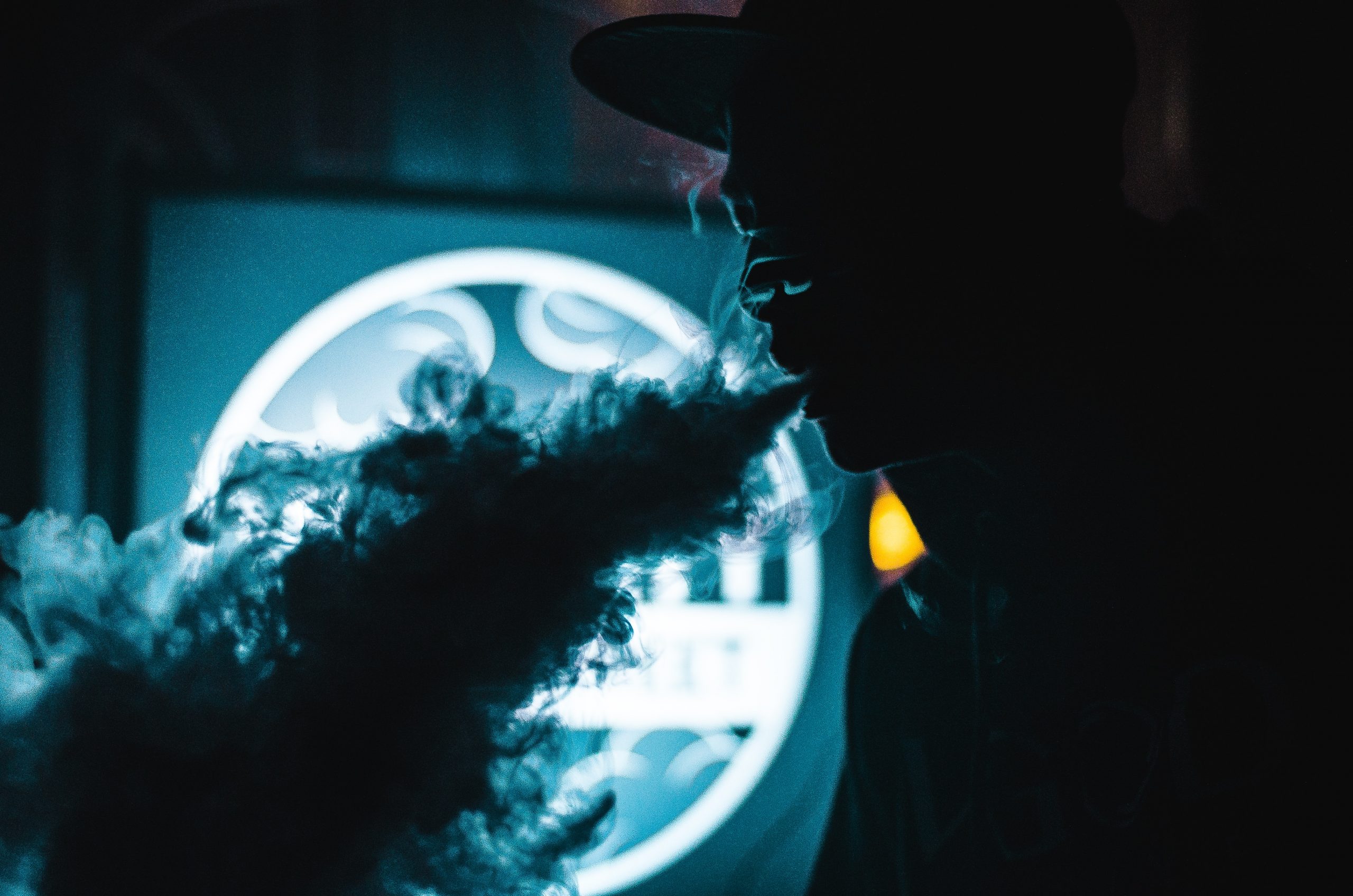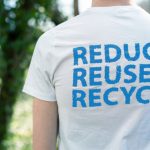
In the contemporary landscape of technological advancement, lithium-ion batteries (LIBs) have become central to our daily lives, powering devices from smartphones to electric vehicles. However, this widespread reliance brings with it a pressing environmental concern, particularly as it pertains to the disposal and impact of these batteries. This concern is acutely relevant to Green Wings Project’s mission, as LIBs are a key recyclable component in e-cigarettes, a primary focus of our recycling efforts.
The scholarly article, “Environmental impacts, pollution sources and pathways of spent lithium-ion batteries,” authored by Wojciech Mrozik, Mohammad Ali Rajaeifar, Oliver Heidrich, and Paul Christensen, offers an insightful exploration into this crucial issue. Published in Energy & Environmental Science in 2021 and accessible via DOI: 10.1039/D1EE00691F, the review provides a comprehensive analysis of the environmental impacts associated with spent LIBs.
The study tracks the exponential growth in LIB usage, highlighting the dramatic increase from 25.6 GW h in 2009 to a projected 2500 GW h by 2030. This surge has resulted in a significant increase in LIB waste, an issue that aligns directly with the objectives of Green Wings Project. The authors investigate various disposal methods, including landfilling, incineration, and recycling, each presenting its own environmental challenges and implications. The article delves into the toxicological threats posed by these batteries, detailing how improper disposal can lead to contamination of soil, water, and air through leaching, disintegration, and even fires and explosions.
Furthermore, this review also underscores the substantial gaps in knowledge that hamper the development of safer disposal and processing strategies. This call to action resonates with Green Wings Project’s aim to foster informed and responsible recycling practices, particularly for e-cigarettes containing LIBs. The study meticulously examines the various health and ecological risks associated with different battery treatment and disposal methods, advocating for more sustainable and safe management systems.
This article is a vital resource for stakeholders in the electronic waste sector, environmental researchers, and policymakers. It provides a nuanced overview of the challenges posed by LIB disposal, emphasizing the need for informed interventions and sustainable practices. As Green Wings Project endeavours to establish a robust recycling network for e-cigarettes, this study’s insights are invaluable in shaping our approach towards a more sustainable future where technological advancement and environmental responsibility coexist.
Click to read the full article here
 Featured image via Robin Glauser on Unsplash
Featured image via Robin Glauser on Unsplash
About Green Wings Project:
Established in 2022, Green Wings Project is a charity organisation that aims to promote, for the benefit of the public, the conservation, protection and improvement of the physical and natural environment through promoting, identifying and advancing solutions for recycling, reuse and harmless disposal of disposable/single-use electronic products. Currently, we are running a focused initiative on disposable vape recycling.















